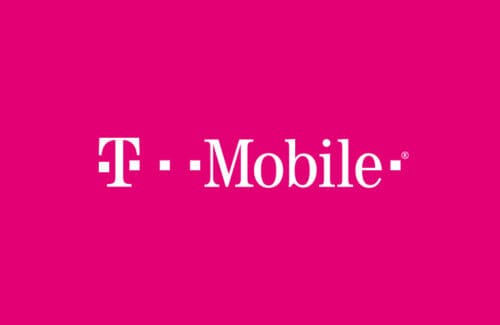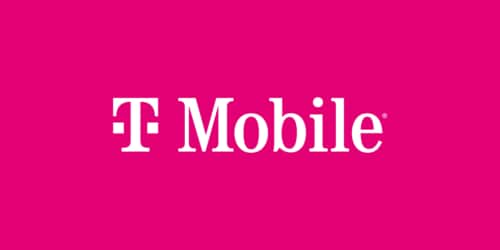It’ll happen any day now. Brace yourselves.
It’s that time of year again. The time when Verizon starts touting network results from consultants they’ve paid millions. Get ready – because Verizon will throw millions more into promoting their study on TV, on radio, in your social feeds and everywhere else you go.
Here’s the thing, the network studies Verizon touts are like using CD sales to rank today’s hit songs. A decade or two ago, CD sales told you everything you needed to know about song popularity. But in an age of digital music, that’s all changed.
The same is true of the studies Verizon loves to scream about. In a 2G world, these studies were everything. You needed paid consultants to drive around and measure network performance. Today, everyone is walking around with a frickin’ supercomputer in their pocket, and those smartphones can now tell us almost everything about network performance – with more granularity, better personalization and billions more data samples. But, that doesn’t stop Verizon from living in the past.
Today, there’s a better way to measure network performance. Speedtest.net, Twin Prime, and OpenSignal and even the FCC use crowd-sourced data. Here’s why:
- Crowd-sourced data is from real people on their real devices. There are more than 500 different device types on our network alone! Guess how many phones Verizon’s paid consultants usually test. One. That’s right. Just one, and it’s not even the most popular phone in the country. #SMH
- Crowd-sourced testing measures real usage, not a test script. You’re getting info on how people actually use their devices, not a consultant’s interpretation of actual usage.
- Crowd-sourcing tests where people really go—where they live, work and play. The tests Verizon touts are mostly done on roads.
- Crowd-testing is independent, unlike drive tests that are funded by the industry establishment.
- Most importantly, crowd-sourced tests include BILLIONS of samples. For example, OpenSignal has 4.6 billion samples. That’s roughly 19 samples for every single adult in the US. The study Verizon touts typically has roughly 3.8 million total samples – less than 0.2 for every US adult. In other words, OpenSignal has around 1,300 samples for every 1 test in the Verizon backed study.
Tests by actual customers and everyday smartphone users tell us what kind of experience our real customers are getting now (hint: it’s pretty damn good and pretty damn fast at T-Mobile). And they tell us that our investment to double T-Mobile’s coverage and reach 99% as many people as Verizon with a faster LTE network is paying off.
Let me be clear. These tests Verizon likes to scream about aren’t altogether bad. They do tell you something—like how a single phone performs on a few scripted tests conducted mostly on roads. And that can be valuable information. Especially if you’re a long-haul trucker. And, when you’re on a mission to build the best damn network in the country, you learn from everything you can, so we learn from those paid drive tests, too, and use that information to inform our network plans. That’s why our network is the fastest in America!
In the end, Verizon’s still trying to cling to their glory days. That is, the days when their network was still top dog, the days before everyone had a smartphone in their pocket that could measure network performance better than any consultant.
The days before T-Mobile destroyed Verizon’s network advantage.





